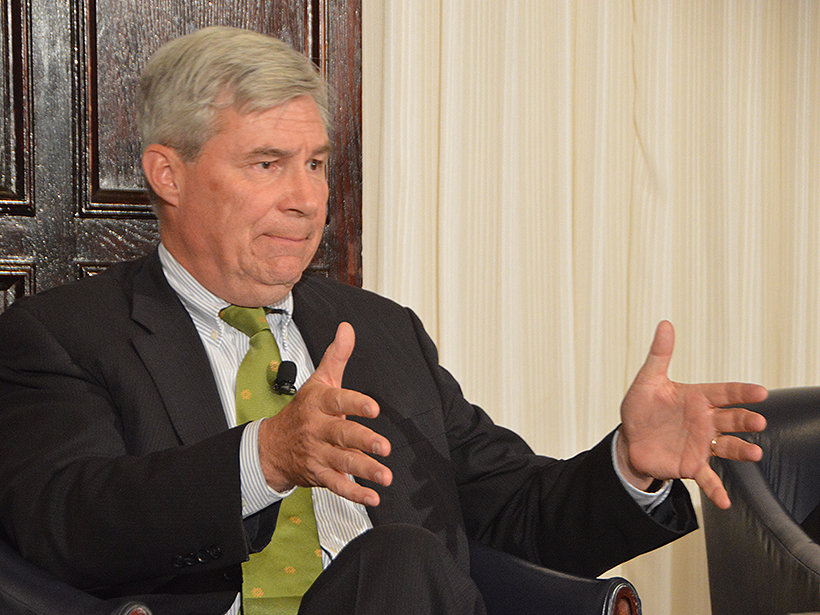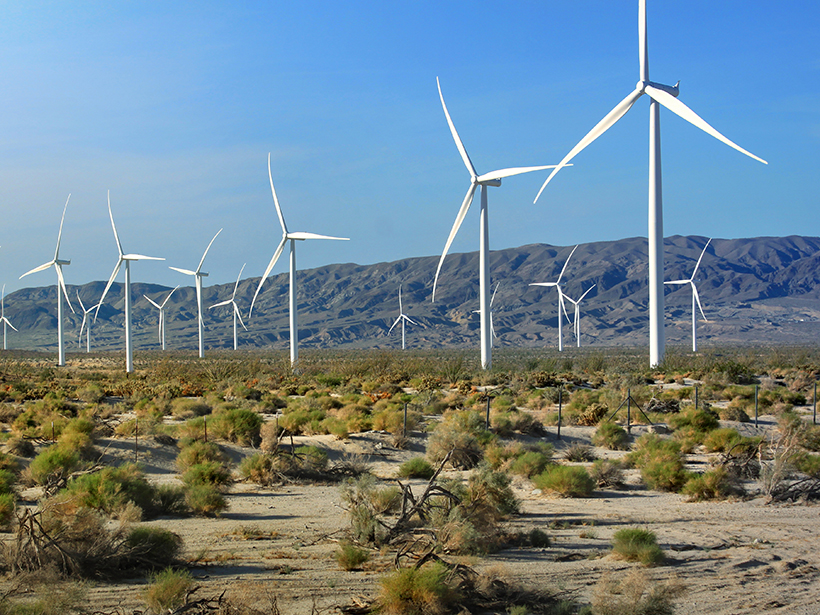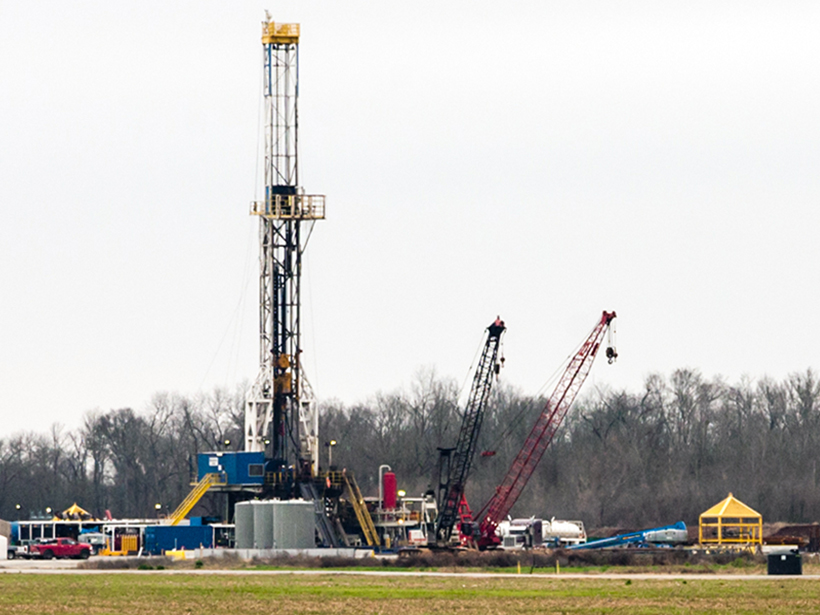According to a new analysis, fossil fuel energy return on investment is on par with renewables.
fossil fuels
Senator Urges Ending Dark Money’s Stifling of Climate Action
Sen. Sheldon Whitehouse says that dark money funding from the fossil fuel industry and others “has polluted our politics.” Dark money and climate denial “are two sides of the same coin,” he says.
Burning Fossil Fuels Worsens Drought
Tree rings help scientists trace the influence of greenhouse gas emissions on 20th-century drought conditions.
Judge Blocks Oil and Gas Leases on Public Land, Citing Climate Change
The ruling pointed out a “critical flaw” in fossil fuel leasing.
Clean Energy Gains Ground
A new report documents the rise of clean energy despite the Trump administration’s focus on fossil fuels. Several Congress members call renewable energy a bipartisan issue that’s good for the economy.
Fossil Energy Sources Win Out in Interior and Energy Budgets
The budgets reflect the administration’s energy and environment priorities by boosting research and development for coal and oil while decreasing funding for clean and renewable energies and environmental protection.
Senior USGS Official Quits over Request for Advance Alaska Data
The official objected to providing results of an Alaskan energy assessment to Interior Secretary Zinke before the report was public. The department says Zinke acted within his authority.
Proposed Bill Would Loosen Ocean Drilling Restrictions
The legislation would restrict the withdrawal of offshore areas from oil and gas development and overturn current planning processes.
World’s Heavy Dependence on Fossil Fuels Projected to Continue
The report forecasts a 2.8% annual increase in renewable energy through 2040, making it the world’s fastest growing source of energy for electricity generation.
Could Subsea Methane Hydrates Be a Warming “Tipping Point”?
The authors of a recent paper in Reviews of Geophysics answer questions about the potential for subsea methane hydrates to contribute to global warming.










